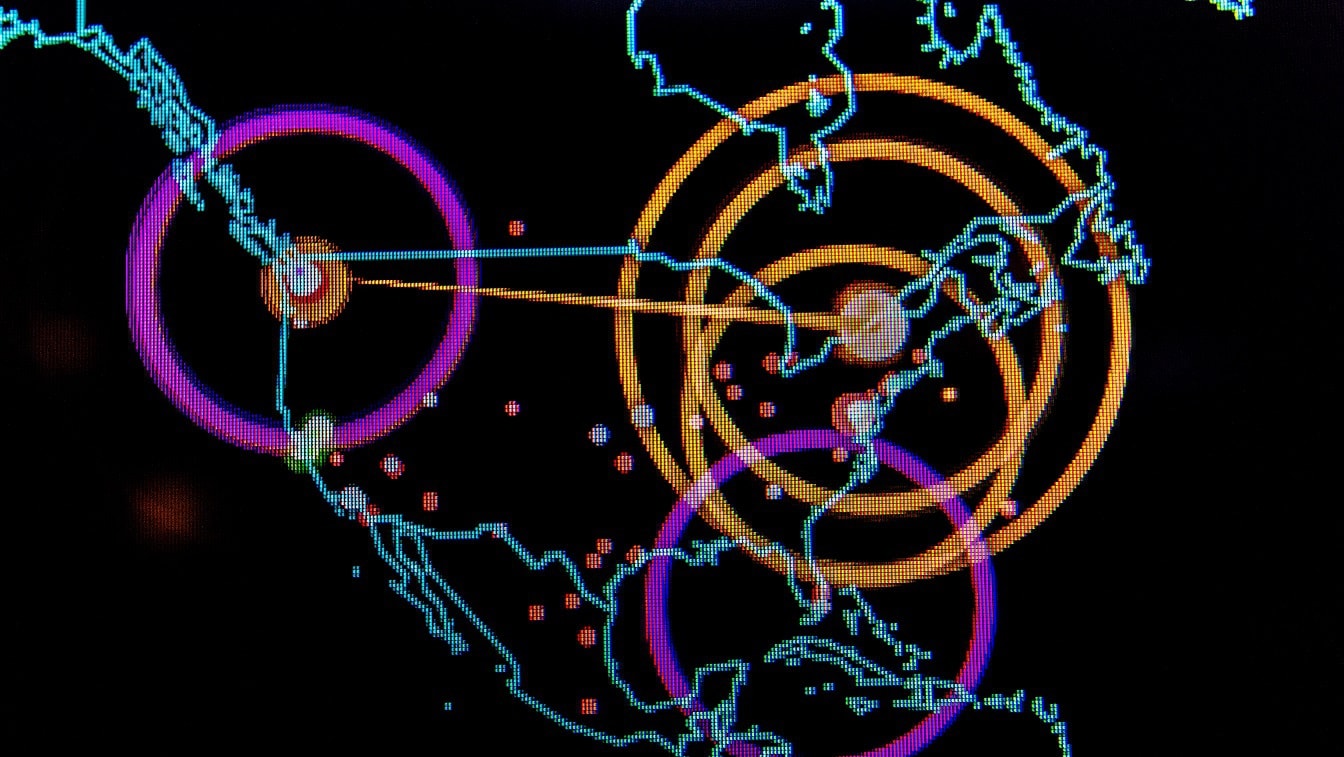Quantum Computers: The Future Is Almost Here: On Tuesday, a small, rather unknown federal agency chose the first group of encryption tools that could safeguard everything from U.S. government communications to private emails to the banking systems from hacking.
Defending Against the Super Computer
In 2016, the National Institute of Standards and Technology (NIST) began a competition for encryption tools that would be able to withstand the powers of a quantum computer.
The NIST chose the following algorithms: CRYSTALS-Kyber for general encryption (secure websites and protect information exchanged in public networks) and CRYSTALS-Dilithium, FALCON, and SPHINCS for digital signatures (how to verify identities in digital transactions).
“Today’s announcement is an important milestone in securing our sensitive data against the possibility of future cyberattacks from quantum computers. Thanks to NIST’s expertise and commitment to cutting-edge technology, we are able to take the necessary steps to secure electronic information so U.S. businesses can continue innovating while maintaining the trust and confidence of their customers,” U.S. Secretary of Commerce Gina M. Raimondo said in a press release.
The time of the first quantum computer is approaching. U.S. officials have put it to as close as four years. In a sense, quantum computing could be as revolutionary as the first firearms were in warfare. When armies started using the first firearms, the armor was no longer as efficient as it was. It was great for protecting against swords, spears, and arrows, but a bullet could run through it like a hot knife through butter.
The new encryption tools are necessary for far more than military purposes. Almost all aspects of normal everyday life rely on digital systems. Sending an email or paying the gas bill online relies on secure and reliable software that can’t be easily cracked. But a quantum computer would most likely be able to crack older security encryption tools.
“NIST constantly looks to the future to anticipate the needs of U.S. industry and society as a whole, and when they are built, quantum computers powerful enough to break present-day encryption will pose a serious threat to our information systems,” said Under Secretary of Commerce for Standards and Technology and NIST Director Laurie E. Locascio.
Part of the U.S. Department of Commerce, the National Institute of Standards and Technology (NIST) is responsible for picking the encryption tools that will protect American and global networks from cyberattacks.
“Our post-quantum cryptography program has leveraged the top minds in cryptography — worldwide — to produce this first group of quantum-resistant algorithms that will lead to a standard and significantly increase the security of our digital information,” the NIST director added.
Quantum Technology
Quantum technology uses the fundamental properties of matter to create new information systems and technologies. Quantum computers, for instance, can utilize atoms and photons to accelerate certain kinds of problem-solving, something that can trickle down to everyday life with improved facial recognition technology.
But quantum technology is involved in more than that and has been used in the development of semiconductors, the global positioning system (GPS), and magnetic resonance imaging (MRI) used for medical purposes.
Crucially, quantum technology can play an important part in digital security and privacy. For example, using quantum technology, the U.S. Intelligence Community and the Pentagon are looking to develop the next generation of encrypted communications that would be able to withstand attacks from foreign adversaries, primarily China.
As the world turns increasingly digital, whoever manages to win the race on quantum computing could be in a position to compromise the systems of the rest of others.
1945’s New Defense and National Security Columnist, Stavros Atlamazoglou is a seasoned defense journalist specializing in special operations, a Hellenic Army veteran (national service with the 575th Marine Battalion and Army HQ), and a Johns Hopkins University graduate. His work has been featured in Business Insider, Sandboxx, and SOFREP.

